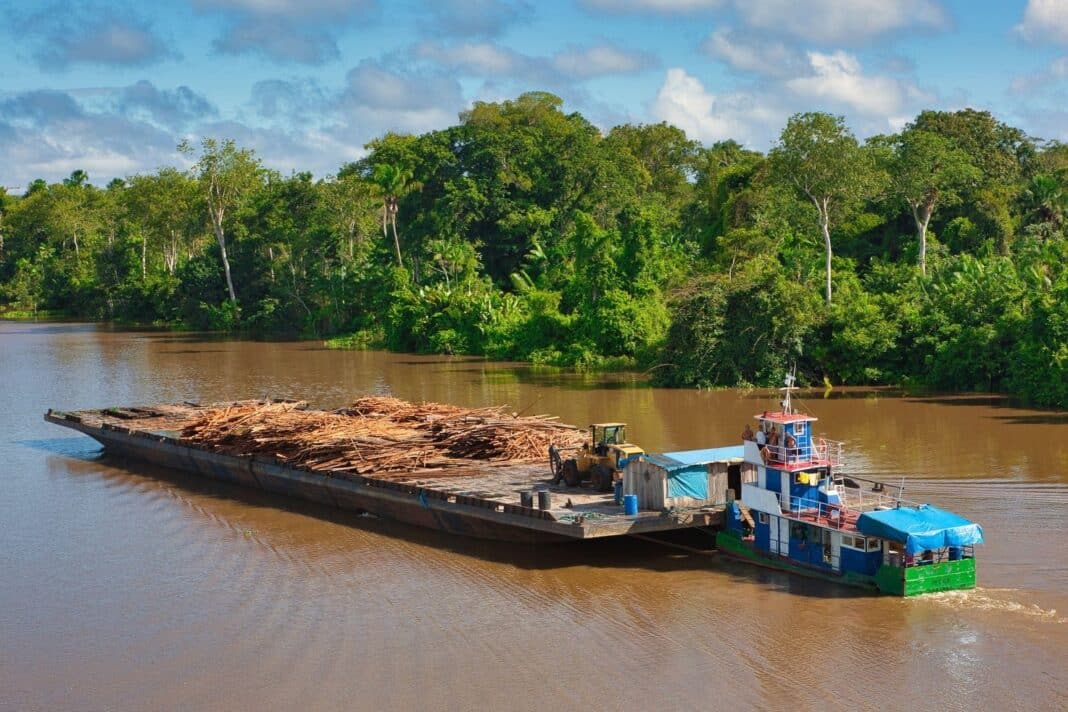Brazil is expanding its forest production to meet local and overseas demand under an ambitious plan unveiled by the government.
The new plan, known as “The Forest + Sustainable Plan”, will take effect from December 1st and see the Luiz Inácio Lula da Silva government invest heavily in the ‘forest economy’ to capitalise on the country’s most valuable natural resource – its forest.
It comes as Wood Central revealed earlier this month that the government is subsidising export shipping costs in a rush to seize the commercial opportunities accompanying the global green transition.
Under the plan, the government invest in timber production and “planting commercial forests for non-timber products and rehabilitating degraded areas by creating agroforestry systems.”
Published in the Government Gazette, the plan also supports “the regularisation of the environment in agricultural production units,” including allowing agricultural-livestock and forestry integration and supporting seed banks and nursery development.

Demand for Brazilian timber is booming, with Wood Central reporting that timber is ideally suited for Brazil’s “large-scale and cost-effective social housing projects.”
And with South America’s largest mass timber plant, which can produce up to 100,000 cubic metres of cross-laminated and glue-laminated timber, is well positioned to provide mass timber solutions across the region.
In recent weeks, Wood Central has reported on the surge of Brazilan raw logs that have entered Australian and Indian supply chains, both as a substitute for Australian hardwoods and, in the case of Indian plywood manufacturers, capitalising on the high costs of rubber-wood coming from Burma and Africa.

In addition to raw logs, Wood Central can reveal that Brazilian traders have contacted Wood Central and are looking to build supply networks for cross-laminated timber panels, glulam, parquet and laminated flooring, sandwich panels and railway sleepers across the Asia Pacific region.
As reported by Wood Central earlier this month, the value of Brazilian exports of wood-based products (except pulp and paper) increased 74% year-over-year from $US269.7 million in July 2020 to $US468.9 million in July 2021.
Wood Central understands that the industry has massive upsize, with sources reporting that Brazil has 9.5 million hectares of predominately southern yellow pine species – including slash pine (Pinus elliottii) and loblolly pine (Pinus taeda).
The species can produce a combination of wood properties that permit use in various products.






